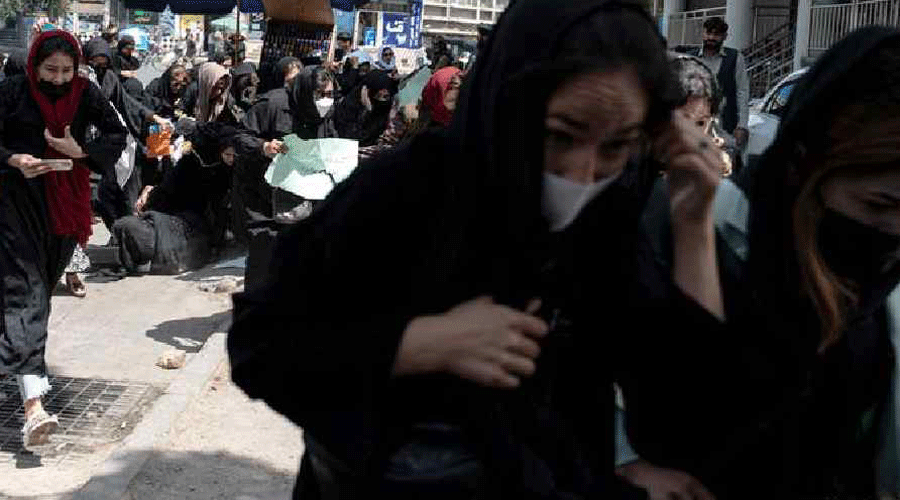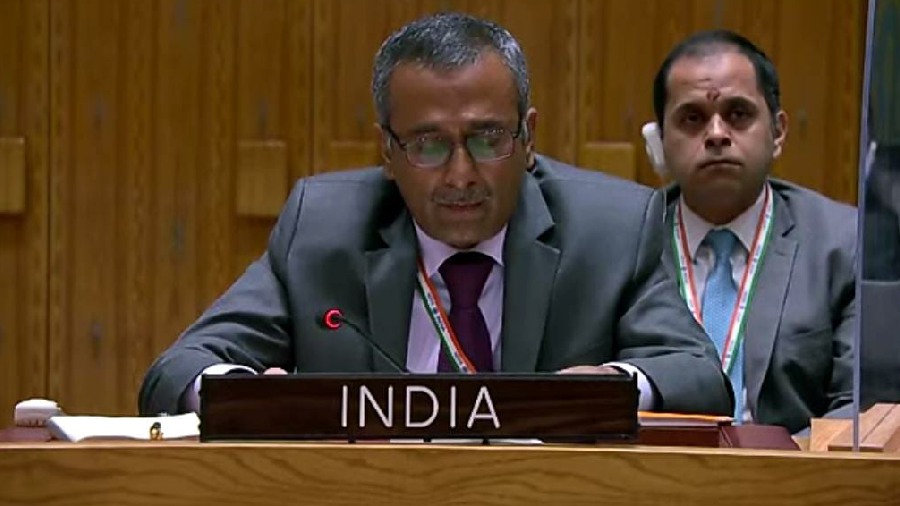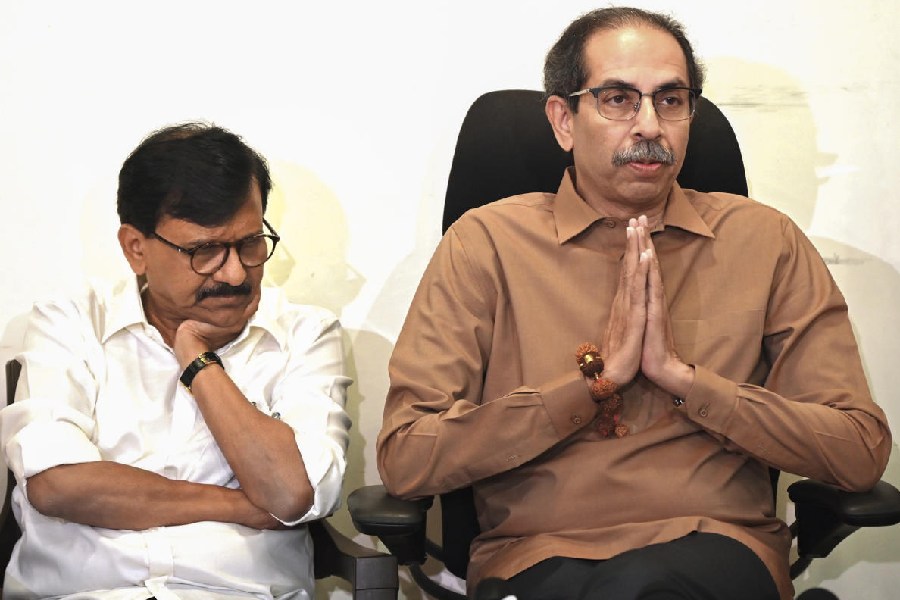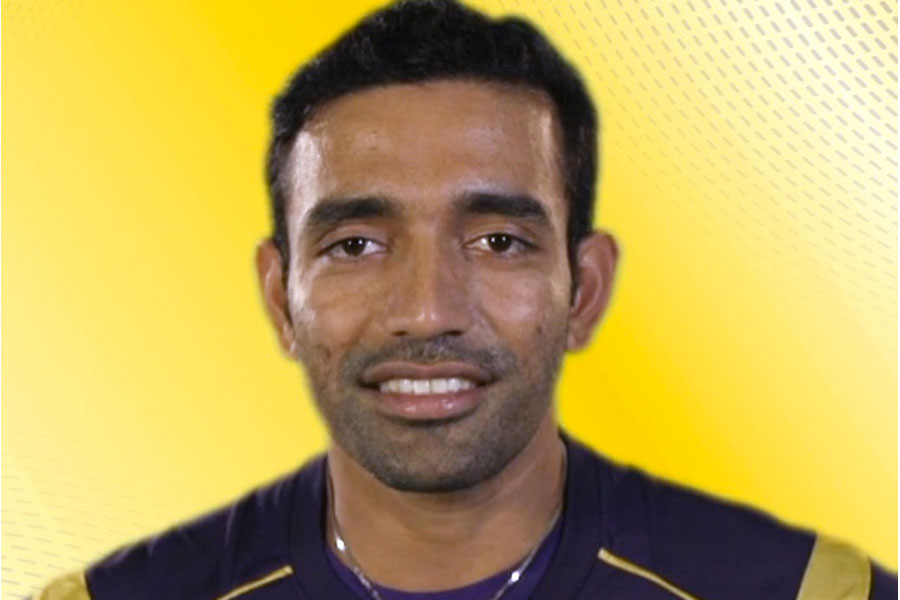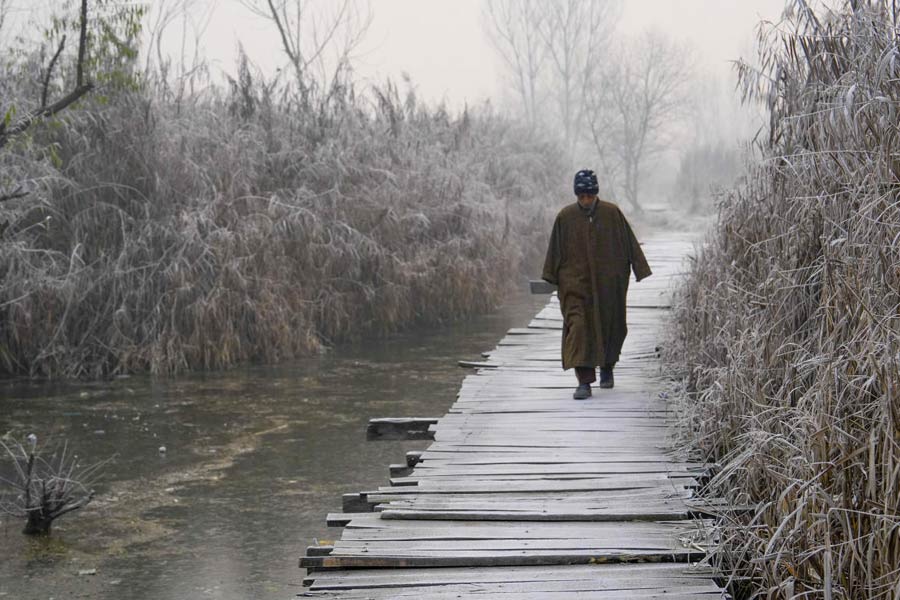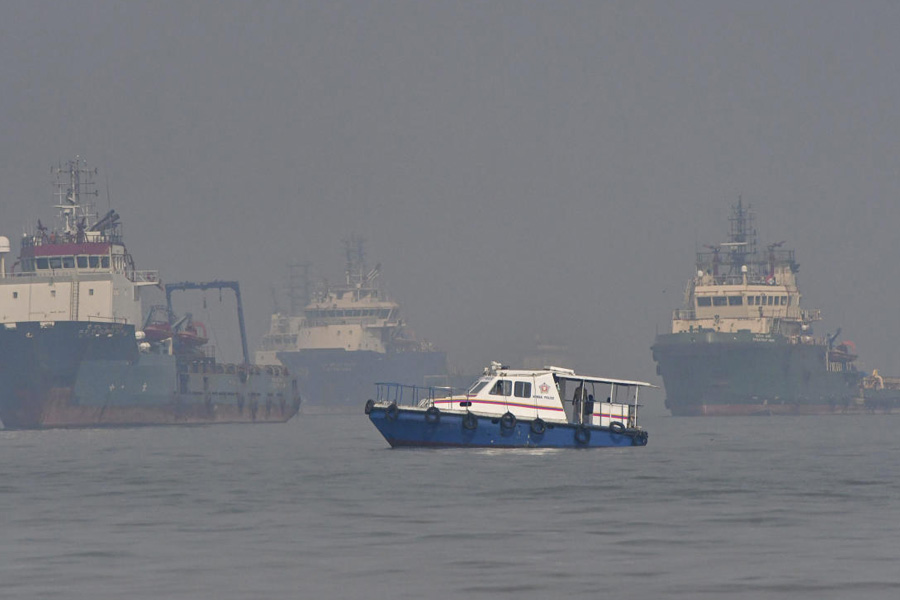The Taliban have publicly lashed women accused of adultery and trying to flee in the first large-scale use of corporal punishment since the group returned to power.
The public punishments in northeastern Afghanistan mark the beginning of the Taliban’s rollout of Islamic law in the country.
Ten men and nine women were each lashed 39 times on November 11 in the city of Taloqan for allegedly committing adultery or theft, Abdul Rahim Rashid, a senior Taliban official, has confirmed.
The incident is reminiscent of the public executions, stonings and floggings the Taliban carried out while they were in power in the 1990s.
Last Thursday, Hibatullah Akhundzada, the Taliban’s leader, ordered the country’s judges to again fully enforce the Islamic law punishments, known as shariat, which loosely follows the principle of retaliation or an eye for an eye, including the amputation of thieves’ limbs.
The incident in Taloqan, the capital of the northeastern province of Takhar, suggests Taliban officials in Afghanistan have already adhered to this demand.
While officials have not released information about the individuals who were lashed, their alleged crimes were assessed by two courts before the ruling was made in accordance with sharia.
“The Taliban appear determined to alienate the entire world as well as their own people with this return to barbaric practices that have no place in any country whose leaders seek international recognition,” said Dr Patricia Gossman, associate director for Asia at Human Rights Watch.
“That recognition will elude them so long as they engage in blatant cruelty in complete disregard for international human rights law.”
After the Taliban returned to power in August last year, the group initially pledged tobe more moderate but its leadership has implemented more conservative policies, including a ban on secondary school education for girls.
There have been sporadic reports of Taliban officials applying their own shariat punishments in recent months but the incident in Taloqanappears to be the first mass punishment, involving the country’s courts.
Other countries have been scrutinising the Taliban’strack record on human rights and women’s rights since they took over in August 2021 after a two-decade insurgency. No foreign government has formally recognised the Taliban’s administration and many have already heavily criticised its reversal on signals they would open secondary schools nationwide for girls in March.
Public lashings and executions by stoning took place under the previous 1996-2001rule of the Taliban.
Such punishments later became rare and were condemned by the foreign-backed Afghan governments that followed, though the death penalty remained legal in Afghanistan.
The Daily Telegraph and Reuters
Saudi executions
Geneva: A UN human rights office spokesperson said on Tuesday that 17 men had been executed in Saudi Arabia since November 10 for drug and contraband offences, calling the executions “deeply regrettable”.
Those killed were from Syria, Pakistan, Jordan and Saudi Arabia, spokesperson Elizabeth Throssell told a Geneva press briefing. That brings the total number of executions this year to 144.
Reuters

